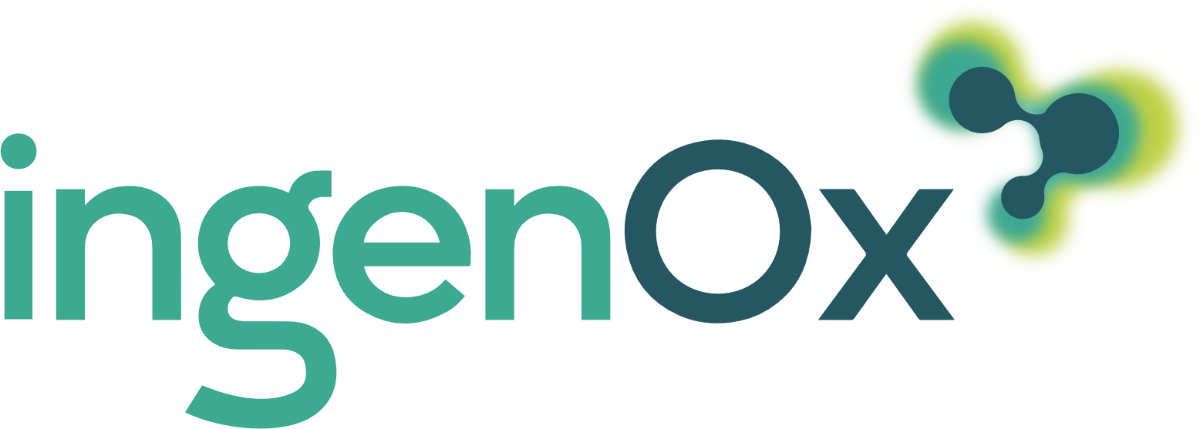Celleron Therapeutics Successfully Completes Safety Evaluation of Pioneering Combination Therapy Approach to Treating Colorectal Cancer
Oxford, UK, 14th January 2019 – Celleron Therapeutics, the UK-based company developing personalised medicine for cancer patients, has today announced the completion of its Phase Ib CAROSELL clinical study that evaluates the safety of a novel combination therapy approach for colorectal cancer.
The Medicines and Healthcare products Regulatory Agency (MHRA) granted Celleron Therapeutics Clinical Trial Authorisation in 2018 to conduct a Phase Ib/II clinical trial with CXD101, a highly potent class 1 histone deacetylase inhibitor, in combination with an immune oncology (IO) agent, nivolumab (Short title “CAROSELL”).
Celleron appointed Syneos Health as the CRO partner to support the trial which is investigating the clinical activity of CXD101 in combination with nivolumab, measuring the anti-tumour effect on a type of colorectal cancer (microsatellite stable) which typically does not respond to IO agents alone. The clinical trial strategy rests on compelling pre-clinical results which provide novel insights into how CXD101 and IO drugs work together to re-engage recognition of tumours by the immune system. The trial will also allow exploration of a range of new biomarkers to help select those patients likely to benefit most from combination therapy.
This is the first time that CXD101 and nivolumab have been prescribed together, and a Phase Ib variable-dose study was conducted to establish safety in man. A total of nine (n=9) volunteers have now been treated and followed for at least one month. The incidence and severity of side effects (adverse events evaluated according to internationally accepted criteria) on general health, vital signs, heart function, biochemistry, haematology and urinalysis were monitored to determine tolerability. No dose-limiting side effects were observed. These results have now been reviewed by the study Data and Safety Monitoring Committee. The Committee agreed that both drugs could be combined at their full, recommended doses and that the safety profile warranted progression into a Phase II efficacy assessment.
Professor Nick La Thangue, Founder and Chief Executive of Celleron Therapeutics, and Professor of Cancer Biology in the Department of Oncology at Oxford University, commented:
“CXD101 is a very interesting drug with great clinical potential. Our CAROSELL trial is testing a very important hypothesis that CXD101 augments immune recognition of tumours in clinical disease. Now that we have confirmed safety of the combination with nivolumab, we look forward to determining efficacy of the combined therapy in the coming year.
Professor David Kerr CBE, Founder and Chief Medical Officer, Celleron Therapeutics and Professor of Cancer Medicine, University of Oxford commented:
“There is a very significant unmet need for novel therapy for patients with advanced, late stage colorectal cancer. We need novel treatments, based on science, that offer the potential to extend life for our patients, and are pleased to report that the combination of CXD101 and Nivolumab is safe and well tolerated. We now embark on a Phase II trial of this regime in biomarker selected colorectal cancer patients to determine the effectiveness of this novel treatment approach.”
NOTES
Celleron Therapeutics is advancing a clinical and pre-clinical pipeline of precision therapies for different cancer indications. The company has built a proprietary platform around epigenetic control and immune modulation, providing its drugs with a two-pronged attack on cancer. Celleron’s approach seeks to align the right drug with the right patient enabling a personalised approach to cancer therapy. The company is a spin-out from Oxford University and located on the Oxford Science Park. Celleron has a global license partnership with Astra Zeneca and is initiating new trials in China through its Chinese partner Nuance. The company secured investment in 2016 from a consortium of South Korean investors. For more information see www.cellerontherapeutics.com
CXD101 is Celleron Therapeutics’ next generation epigenetic immune-regulator representing a class of drug that kills cancer cells by blocking certain vital functions involved in gene expression and reactivates the patient’s immune system so that cancer cells can no longer evade immune recognition.
Colorectal cancer is the second most common tumour type in women, and the third most common in men, globally. The approximate 5-year survival rate for colorectal cancer patients in the United States (all stages included) is 65% (SEER, 2016). Survival is inversely related to stage: approximate 5-year survival rates are 95% for patients with stage I disease, 60% for those with Stage III disease, and 10% for those with Stage IV (metastatic) disease.
A subset of colorectal cancers is characterized with deficient DNA mismatch repair (dMMR or microsatellite instability, MSI). Detection of MSI has become important for treatment for metastatic colorectal cancers, as those with MSI-H expression respond favourably to immune checkpoint inhibition, a type of biologic therapy. These tumours tend to have a high mutational burden and expression of checkpoint proteins, including programmed death 1 (PD-1) and programmed death ligand 1 (PD-L1), which interfere with the body’s anti-tumour T-cell response. By disabling these proteins, checkpoint inhibitors (such as pembrolizumab and nivolumab) allow the immune system to function properly, and T-cells to kill tumour cells. Where patients have a normal Mismatch Repair proficient expression, the microsatellite phenotype is stable (MSS), antigen presentation is much decreased and the tumour is thus resistant to checkpoint inhibition.
